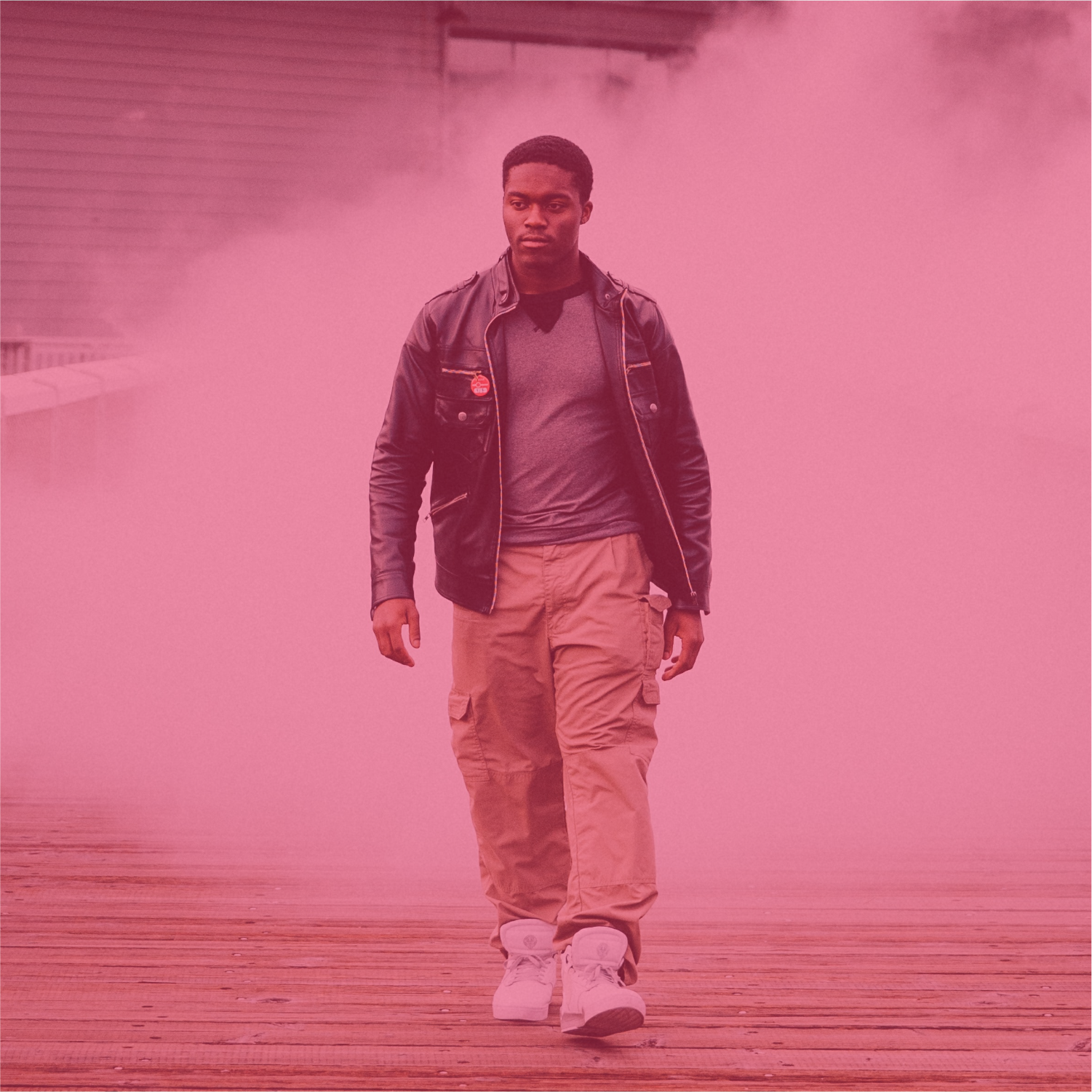The cultural shift sparked by the deaths of Ahmaud Aubrey, George Floyd and Breonna Taylor have placed a microscopic lense on companies and their commitment to BLM. From large corporations down to small independent businesses, a wide net has been cast catching every black square posted in solidarity, MLK quote and stock picture of diversity that there is to offer. Companies have denounced racism and took a stand Black lives (read dollars) that are reflected in their employee, community and consumer base. The statements, and lack thereof, were met with backlash via twitter, IG comments and think pieces for one simple reason... the diversity that these companies said they were committed to wasn’t shown in their marketing, employee base, or executive leadership teams. How can you be committed to a diverse community if the internal decisions are not made by a diverse group of people?
A perfect example of this conundrum is well-known influencer marketing agency rewardStyle. The company has gained fame over the years for working with fashion and beauty influencers to create affiliate links to create income by creating content and sharing links of purchases of numerous brands. Their app LikeToKnowIt serves as a platform for consumers to easily scroll, shop and follow and buy their favorite influencers’ purchases. What has also been said about the company over the past year is the lack of visibility of creators of color. Prior to posting their Black Square in solidarity on June 1st, the last 79 pictures posted by their social media team had only featured 3 Black women (3.7%). This means 1 out of every 26 women posted was a Black woman. LikeToKnowIt released a statement announcing they were going to be highlighting Black content creators over the next week. The number of Black women in the next 79 pictures was over 50% Black women. During this time the company sent out numerous emails to creators of color asking to join the platform, tag the platform, and partake in a campaign to shed light on Black Influencers. At this moment the company was completely going out of their way to seek Black content creators that they had been overlooking for months.
LikeToKnowIt was not the only company to fall to performative actions. Brands such as Revolve, Dolls Kill, Adidas, Reformation and influencer marketing company Fohr fell unto the same fate of statements and actions that carried the strong stench of disingenuous actions. Many Black content creators, myself included, asked why now, why this moment? If it hadn’t been for the pandemic and social injustice, would companies have done anything differently in this moment? The discussion turned from social media support to lack of purchases where many consumers vowed not to shop with or support certain brands. Both sides understood one thing: the power of the Black dollar.
Currently valued at over $1 Trillion of buying power, the Black community is a large consumer of fashion, beauty products, and technology driving trends via social media outlets like Instagram, Twitter and rising platform TikTok. Social media campaigns have the power to make or break a brand and even disrupt an entire supply chain (see: Popeyes Chicken Sandwich). Alignment with the Black consumer is key, but how can a company do that if there is no representation on their teams?
Sharon Chuter, Founder of Uoma Beauty Brand, initiated the #PullUporShutUp challenge, calling for corporations to release their diversity numbers of employees at every level, including executive leadership. Chuter started the challenge with support from big name beauty influencers such as Jackie Aina to fight for economic opportunities for the Black community. With now over 130K followers, Pull Up or Shut Up, has shed light on the lack of diversity at all levels of most companies. What started out as a challenge for beauty brands has quickly spread to representation from other brands such as Paypal, Target, Yelp and Buzzfeed.
The dissociation between the target consumer base and internal employees is telling. Many companies have been scrambling to ensure that “diversity” is shown in advertising, social media and other campaigns. The continuous big miss is that there are not people sitting at the table who reflect who these campaigns are geared towards. Gone are the days of the diversity panels with all white men and women; teams that all look the same but have “diversity of thought.” In order to successfully navigate this shift, brands must recognize that it isn’t about outward effort, but what decisions are made internally to reflect the world we are living in today.
As influencer culture is constantly evolving, companies need to be a step ahead. The lense is getting stronger every single day. Internal audits at every level, not just diversity positions, are key. I have been in rooms with marketing teams that have been completely oblivious to the fact that there was no diversity in our 9x9 influencer grid because for them it was normal. All of the women chosen were a reflection of themselves and their friend groups. This normalcy is lazy complacency. It is also lazy to use the same racially ambiguous Black woman for your diversity check. We are not a monolith. If your team can not figure out how to ensure the work is diverse (in color, gender, ability,) culturally appropriate and connects with the consumer, do you have the right team in place? This also includes that PR and Advertising firms that you outsource work to and work with. Are you demanding that the team assigned to your company is diverse? As a brand, I challenge you to ask yourself these questions when committing to change. Without intentionality at every level of our business your actions will always lead with performance over purpose. Are you willing to Pull up or Shut up?

